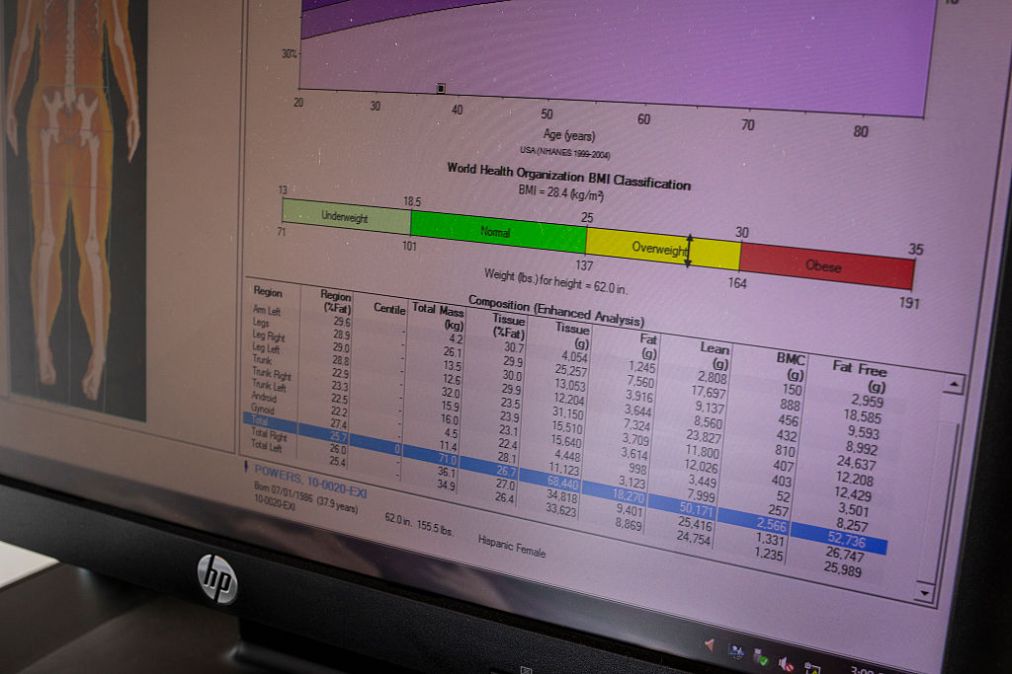Save public health data to save American lives

Data-driven, reality-based health science saves lives. Without it, we could not protect people from disease, cure them when they’re sick, or ensure that the places where they live promote good health. In America today, however, an anti-facts movement is eroding the data needed to protect lives.
Already, the Trump administration has dramatically changed how health data is gathered and reported, removed federal websites and datasets, cut staff and funding for health agencies and health research, and diminished our ability to track traditional health outcomes and social determinants of health. The public health community has lost critical data for tracking flu, COVID, sexually transmitted diseases, women’s and children’s health, and more. Thousands of staff at the Department of Health and Human Services have been let go.
The Robert Wood Johnson Foundation (RWJF) has made protecting America’s essential health data a priority. To that end, the foundation supported an expert roundtable in July hosted by the nonprofit Center for Open Data Enterprise (CODE) and the National Conference on Citizenship. CODE has synthesized the results of that roundtable and extensive additional research in a new report, Ensuring the Future of Essential Health Data for All Americans. The report is a timely and comprehensive summary of the sweeping shifts endangering both the health of Americans and the capacity to measure how everyday conditions — like access to food, safe neighborhoods, and jobs — shape health outcomes. It presents five recommendations and several tactics to protect and improve critical health data. The recommendations are:
Preserve and improve core federal data and tools. The public health community needs a way to track deletions, alterations, or changes to funding or staffing for more than 70 federal core datasets identified by CODE. A targeted monitoring program could illuminate risks, deepen understanding, and identify actionable solutions.
Health data users have several options when core data sources are under attack. They can advocate to preserve or restore key datasets, as Friends of the NCHS does, or litigate, as AcademyHealth and others have done successfully. In some cases, philanthropic funding can support new data collections and research. RWJF has committed millions of dollars to support researchers who have lost federal funding, preserve health and climate data, and support local, data-driven studies on health. But philanthropy can never match the federal government’s multi-billion-dollar investments.
Build state, local, and community capacity. Amid growing concerns about federal health data, public health experts are exploring new ways to collect and apply state, local, or community data. Several states have models to learn from. For example, the California Health Interview Survey is the nation’s largest state health survey; a Maryland program supports analysis of inpatient and outpatient records; and Connecticut’s program on Race Ethnicity and Language helps identify and eliminate health disparities.
Focusing more on state- and local-level data can create a health data system that is decentralized, resilient, and inclusive. The Coleridge Initiative is helping states share and manage health data across state borders, without federal government aggregation of state data. With RWJF support, nine states have formed the Northeast Public Health Collaborative enabling their public health departments to pool resources and share data. The Big Cities Health Coalition, a network of leaders from 35 large-city health departments, is working closely with community groups to safeguard health data.
Develop non-government resources for data and analysis. Several academic and nonprofit organizations have developed programs, tools, and datasets to support health-related work. For example, the City Health Dashboard gives neighborhood and city-level data on more than 45 critical indicators, showing leaders where their communities stand on issues like diabetes, insurance coverage, child poverty, and housing costs. KFF produces data through polling and other means on topics including health marketplace premiums, Medicaid funding, and medical debt. Researchers are experimenting with data from hospital admissions, electronic records, and other sources. An innovative Yale program called PopHIVE (short for Population Health Information and Visualization Exchange) offers a free online platform for real-time, de-identified health data.
Improve messaging, communications, and advocacy. Public health specialists can collaborate with data experts and communications professionals to promote the value of U.S. health data. They will need to develop messages that speak to the public, media, congressional staffers, state and local governments, community groups, businesses, and other key audiences.
Rethink and improve health data privacy. The administration’s unprecedented steps to share data among federal agencies have raised concerns among groups ranging from the ACLU to the American Enterprise Institute. Many were alarmed by the report that the Centers for Medicare and Medicaid Services shared data on millions of Medicaid recipients with the Department of Homeland Security. Within CMS, plans for a new data-sharing system have raised other privacy concerns. At the same time, experts agree that modernizing the way CMS and other health care institutions share data could be beneficial. HIPAA, the basic framework for maintaining health data privacy, may also be due for a fresh look.
The CODE report is a stark reminder: without data, we can’t measure what we’ve already lost. But there are proven ways to safeguard and even strengthen this essential resource. Now more than ever, we must protect public health data, maintain its independence, and support the people and institutions who collect it. The health of our nation and the lives of millions of Americans depend on it.
Alonzo Plough is the chief science officer and vice president for research-evaluation-learning at RWJF. Joel Gurin is the president of CODE.






